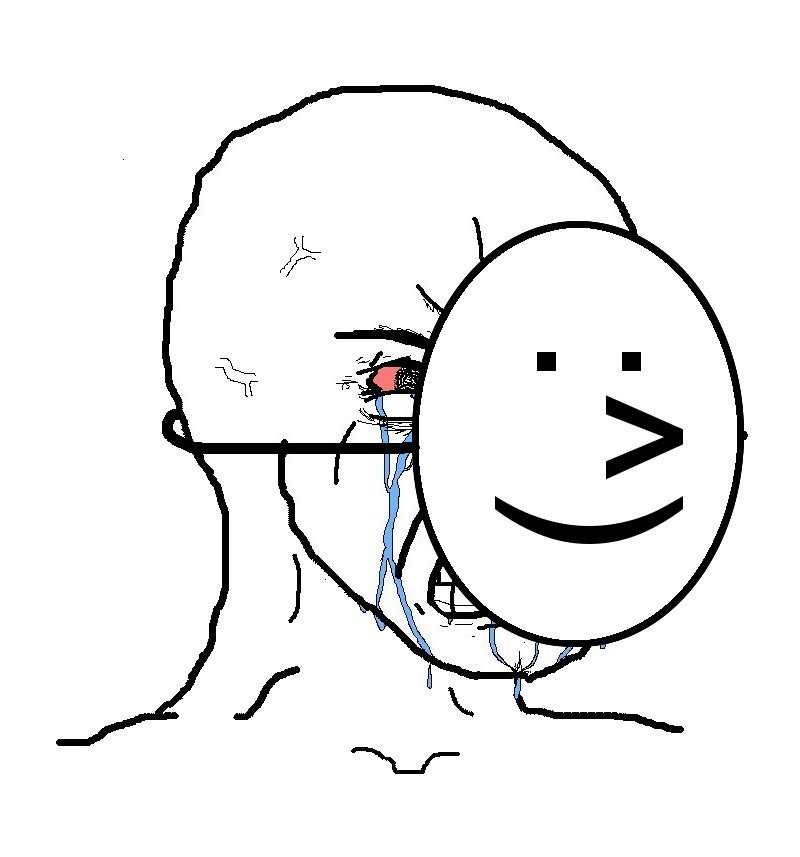I'm the voice inside your head
You refuse to hear
I'm the face that you have to face
Mirroring your stare
I'm what's left
I'm what's right
I'm the enemy
I'm the hand that'll take you down
Bring you to your knees
So who are you?
Yeah, who are you?
Yeah, who are you?
Yeah, who are you?
(The Pretender, Foo Fighters)A friend recently asked me about the feeling that one is socially performing. They feel like they sometimes put on a mask when in social settings despite wanting to relate to others in a more genuine, less guarded way.
I’ve felt this way at times, though in a less overt manner. My tendency is to prune and filter what I feel and think to maintain social peace, to avoid rejection and the possibility of looking dumb. Even venting about my struggles to close friends can be difficult despite being welcomed to do so (this has hurt me before in the past). Hence, probably, my preference for listening and asking questions rather than expressing what’s actually on my mind.
But this means that no one ever gets to know me. They see the partial, curated bits, but rarely ever my desires, longings, and shadows, the rest of what makes me whole. Edges, flaws, everything else—to know someone is to see them clearly.
Masks are helpful and useful; social performing is sometimes necessary. But when we grow too attached to them and the facade of what they provide, we miss out on the possibility of relating to ourselves and others with more depth. Depth often simply requires that we show up, be present, and allow for the moment to unfold as it wishes, over and over again. The stance is one of playful opportunism rather than forcefully willing oneself, others, and the situation to be something it is not.
Sometimes people don’t want to relate other than through the world of masks, and that’s okay. It takes time for them to come off, if ever at all. What’s needed is the skill and awareness to see and meet people where they’re at, to recognize when our masks have become straitjackets rather than joyous, fluid props that enable us to come more alive in given moments.
This is a blunder I’ve made on dates before. I’d want what I perceived to be a mask to come off when, really, I wanted the boundaries between the other and myself to dissolve. I’d want immediate level three intimacy upon meeting someone because I chronically felt lonely and yearned for emotional closeness. I sought constant reassurance and longed to be held by someone at the end of the day. But it takes time to get there; there are good reasons for why people want to take things slow. One should respect and savor this process of truly getting to know someone.
As you do so, it’s worth getting to know who you really are, what it feels like to be you in your quieter moments, why there might be something getting in the way of showing that. Maybe you’re lonely and are afraid to admit it. Maybe you think that the way to get what you want is to be what you’re not. In any case, the best relationships are the ones in which we can show up fully and wholly, which involves embracing the perfect imperfections that have been given to us. This begins with the relationship you have with yourself. Having good friends certainly helps too.
We hide because we are afraid or ashamed of something about ourselves. We fear the consequences of what might happen if people discover what actually brings us joy and makes us tick, who we are when we feel safe and grounded enough to trust the present. The goal is not to become fearless or shameless—these emotions serve us when properly calibrated. Rather, it’s recognizing that it’s already acceptable and lovely to be human, to be you. That can take a lot of work to feel in your bones, but it’s well worth the effort.




